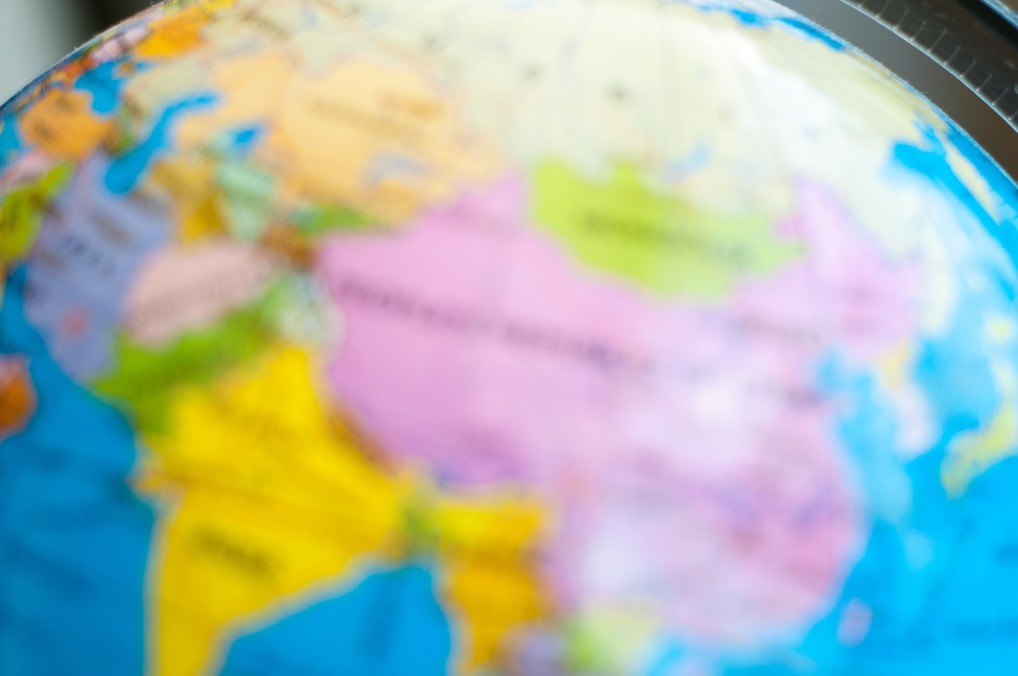This is part two of eight in a series on the morality of capitalism.
Capitalism is honest because it accepts reality as it is.
Economist Thomas Sowell describes two ways of looking at the world, or two “visions:” constrained and unconstrained. Sowell’s book, “A Conflict of Visions,” is an application of many themes in the work of economist F.A. Hayek; especially Hayek’s views on the dispersed nature of information, the limits to what humans can know about each other, and the problems with attempts to replace organic and decentralized markets with top-down rational planning.
A constrained vision of the world recognizes some things as more or less unchangeable—scarcity and elements of human nature like the desire to better oneself and even frequent greed and nastiness. The best bet is to deal with these realities as best we can, rather than to wish them away. An unconstrained vision sees these as problems to be solved. Humans and our social systems are perfectible, if only we plan and direct our activities in a more rational way.
Regardless of the merits of each respective vision, it is to the great benefit of us all that a capitalist economic system is based on a more or less constrained vision. Even if it is possible that someday people may be better or scarcity may be gone, it’s here, and capitalism doesn’t need it to go away in order to work.
Honest about interest
Greed and self-interest are different. Self-interest is unavoidable. All people are self-interested, even when acting altruistically, because they believe the action will get them closer to where they want to be than inaction. Greed is unknowable to anyone but the greedy person. As Milton Friedman reminded Phil Donahue, greed can’t be prohibited by any system. Capitalism realizes this, and rather than wishing greed away, it provides an incentive structure that channels self-interest, whether greedy or not, to produce the least harm and the most good.
This is the fundamental insight of Adam Smith, that the butcher doesn’t provide meat out of love for his customers, but out of regard for his own self-interest. It’s not good if the butcher is greedy, but even if he is, good can result if he’s in a capitalist system. Capitalism is not harmed if he is a selfless person, nor is it harmed if he’s greedy. In fact, if he is a greedy jerk, it is likely to hurt his business because customers may not like buying from him. Bigots, jerks, scoundrels and greedy people won’t ruin capitalism, but capitalism might ruin them.
Contrast this to government, where officials and bureaucrats are supposed to do not what is good for them, but what is good for society. For government programs to achieve their goals, it would require people—voters, politicians, employees—to be always selfless. Voters don’t bear the cost of casting selfish votes; politicians can spread the costs of pork across millions of taxpayers and concentrate the benefits to a few; and the workers at the DMV or TSA don’t fear losing your business if they treat you poorly. Governmental solutions are not honest about human greed, and they cannot channel it to create benefits for all like the market can.
Honest about scarcity
Capitalism also recognizes scarcity and is honest about it. Love to save trees? Love to save children?
Say there is a forest that is highly valued by the environmental community. It is also the site on which some philanthropist wants to construct a children’s hospital. What’s more important? In government-run or managed economies, this becomes a bitter political question, and everyone is forced into the unenviable position of deciding whether they care more for trees and animals or sick children. In a market system, the property owner can accept offers for the land and a price will emerge. Those who truly value it most will place a higher bid and proceed with their plans for the forest.
To many people, this seems cold and calculating. It feels as though markets reduce children and trees to dollars and cents. In reality, it is an honest way to deal with scarcity, and it allows for the most valuable actions, as judged by the people involved, to be completed. What is the alternative? A system of price caps, regulations or government decisions about land use will not result in the best use of the land, but the one that is most beneficial to political interests. It prohibits caring people who might be willing to sacrifice great amounts of their own resources from doing so, in order to please other people who may only mildly care and aren’t willing to put any of their own resources behind their desires. “Price gouging” is another excellent example of the good that results from capitalism’s ability to deal honestly with scarcity.
Promotion of personal honesty
Capitalism is not merely a system that honestly recognizes and deals with scarcity and greed, it also encourages and breeds trust among individuals. When I go to the store to buy fish, I don’t really consider the possibility that the store may sell me rotten or poisoned fish. No conscious process takes place in which I analyze the incentives facing the store owners and employees and asses my probability of risk. And these are people I’ve never met, people who don’t care about me, and people who I may dislike if I did meet them. Yet the very anonymity and impersonal nature of markets require a tremendous amount of trust from all parties. And we do trust each other! I needn’t trust anyone’s motives or knowledge personally, but the market itself has proven to be so trustworthy that I don’t feel any suspicion.
Capitalist economies produce trusting people. Contrast that to dictatorships or heavily planned economies. If you’ve ever spent time in a country with a heavily controlled economy, you’ve probably experienced things like vendors holding your money up to the light to check if it’s fraudulent.
Dream of the real world
Dreams of a world without scarcity or greed are wonderful. But an economic system that is honest about the scarce nature of resources and people of less-than-stellar character, is an unheralded blessing for humanity. It helps us make better choices with what we have, it channels the otherwise destructive behavior of others for our good, and it makes us more trusting people which creates a more vibrant civil society.



